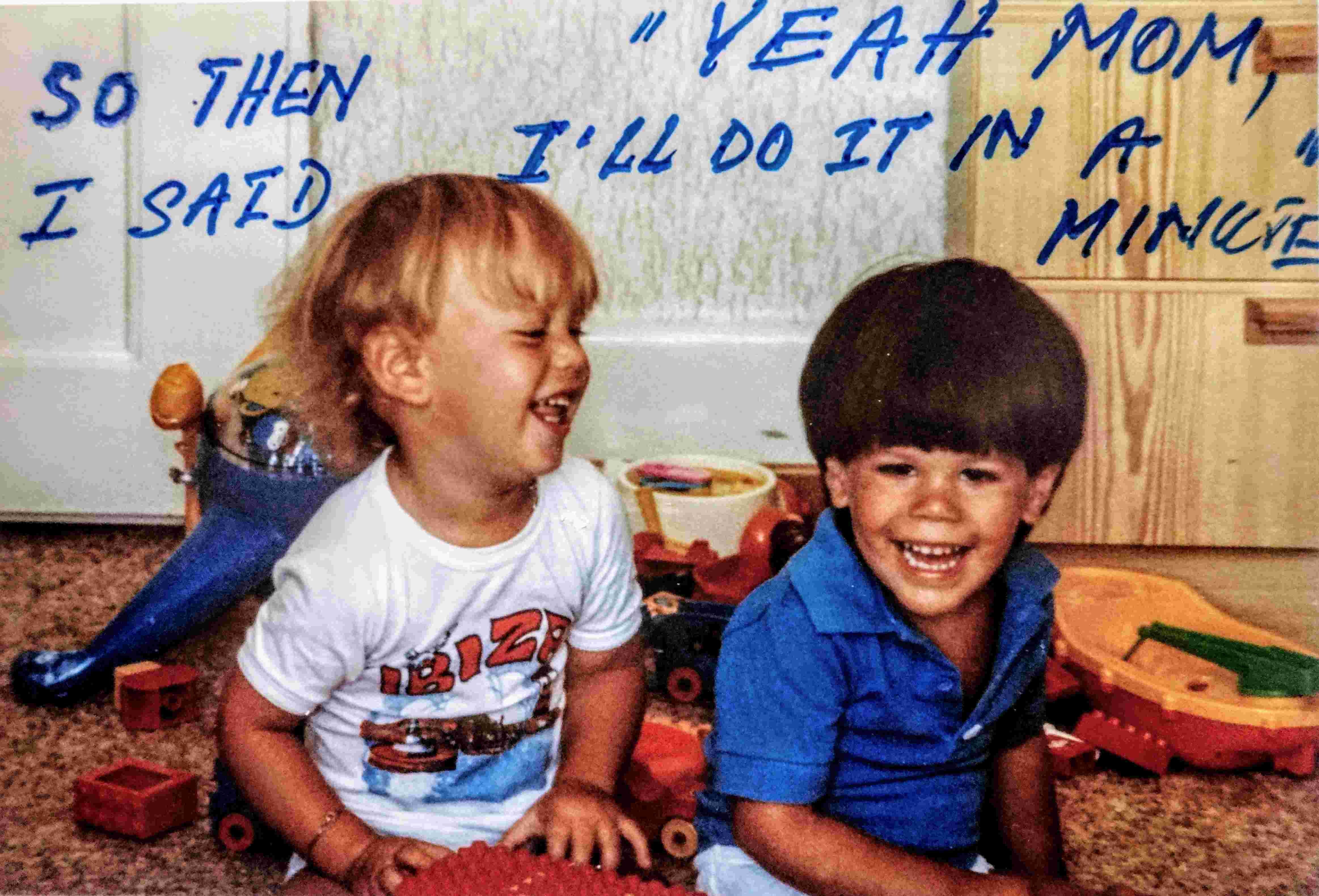Laughter and jokes are key tools in education, especially when it comes to raising children. Humor is a great way to make serious statements without them meaning it's the end of the world. Parents can teach their kids to have fun about anything, a good way is to start with food.
Compare broccoli with small trees to be eaten, and ask your children how many trees they can eat. Ask them how fast they can swallow 3, 6, 12... or even more peas - according to the size of their mouth and their level in math. Picking up and counting laundry or toys as fast as possible can also make funny and useful games.
Parents, caregivers and early childhood educators should think carefully about what they are going to say NO to, a short but so demotivating word kids hear far too often. Instead of instantly using it, why not look for better answers? The principle is to substitute a YES for a NO - while including, if necessary, some "negotiable" conditions. “Yes we can play a game later. We can’t play now because we have to pick up your brother from school.”
In the discovery life of a child, there are plenty of subjects to be serious about so the risk of making fun out of too many things is low. Humor and jokes are a form of intellectual play, the ultimate game of ideas. Here are 20 examples of activities that your children may love to do with you while having fun (the possibilities are limitless):
- Organize a party and invite friends
- Buy, sort, prepare, taste and back food
- Count guests, dishes and food
- Clear and wash dishes
- Learn to jump rope or juggle
- Climb a tree or roll down a hill
- Have a scavenger hunt
- Play pickaboo or hide & seek
- Sort, count and wash clothes
- Wash the car
- Wash the dog
- Wash the cat (good luck!)
- Pick up, sort and count toys
- Play card games
- Play board games
- Draw and paint (anything)
- Count and add and subtract (anything)
- Tell a lot of stories
- Read as often as possible
- LEARN (everything and anything at any time)
Fingers are the first math tools with which to play and have fun
Fingers are great math tools we always have with us. Encourage your kids who are just learning to count to raise their fingers one after the other along this fundamental process. It will really help them.

Picture: Mike & Alan (ChildUp.com)

